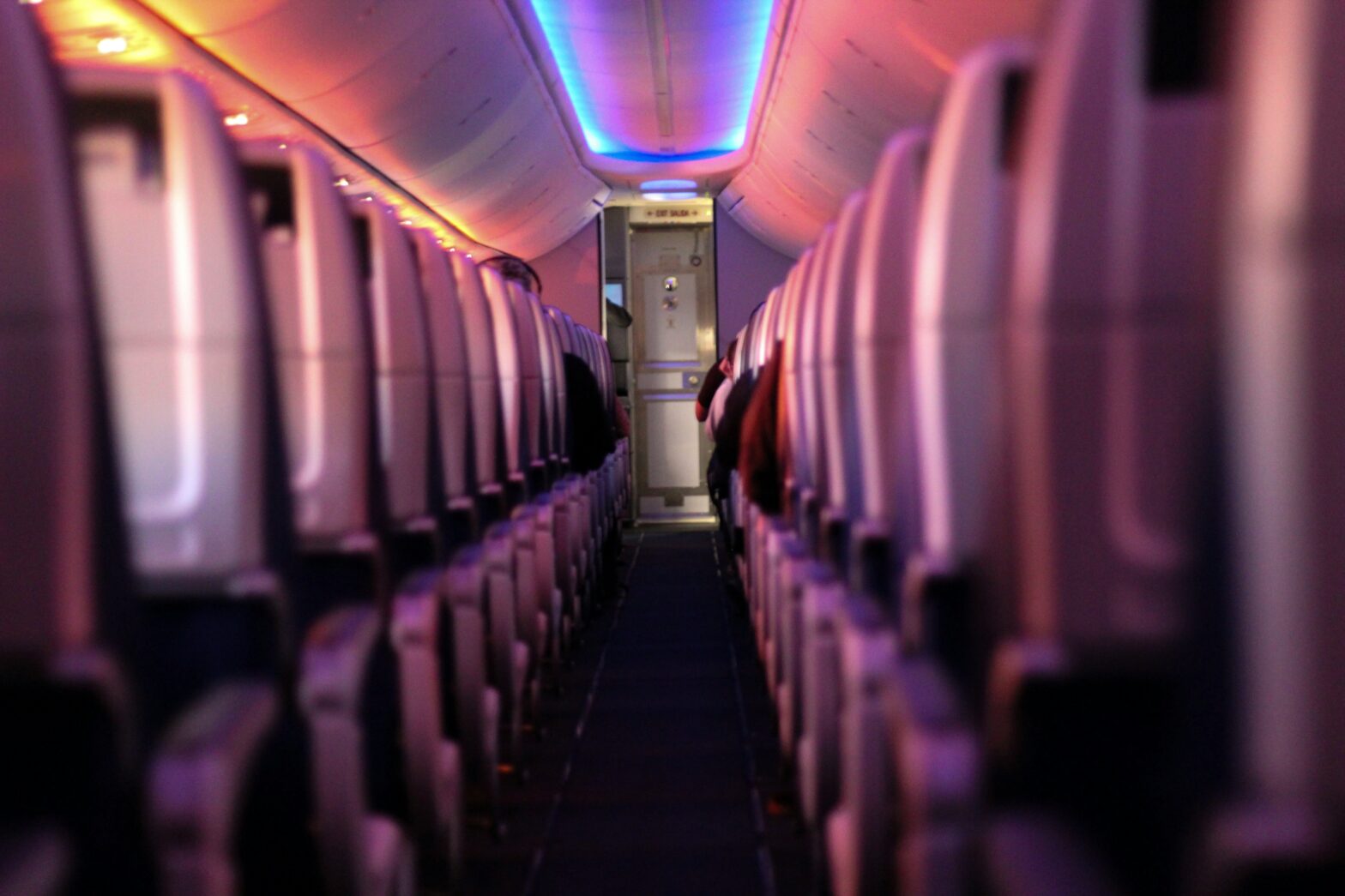BBC Journalist Frank Gardner took to X (formerly Twitter) on September 30 to bring attention to LOT Polish Airlines’ lack of preparedness for disabled travelers.
Gardner, a security correspondent, has been using a wheelchair since al Qaeda gunmen shot and partially paralyzed him during a 2004 incident while he was reporting in Saudi Arabia. The journalist’s recent upload included an image of his legs on the ground on the plane. His post explained that he had to crawl to the bathroom during his flight from Warsaw to London. He alleged that he was told the airline’s policy is no onboard wheelchairs. Gardner ended his initial post about the incident by saying, “If you’re disabled and you can’t walk, this is just discriminatory.”
Wow. It’s 2024 and I’ve just had to crawl along the floor of this LOT Polish airline to get to the toilet during a flight back from Warsaw as “we don’t have onboard wheelchairs. It’s airline policy”. If you’re disabled and you can’t walk this is just discriminatory. pic.twitter.com/aFuxo89DR5
— Frank Gardner (@FrankRGardner) September 30, 2024
In follow-up posts, the BBC correspondent further condemned LOT’s policy. He claimed the cabin crew “were as helpful and apologetic as they could be.” The journalist later added that LOT sent an “apology letter” to BBC Breakfast, but not him personally.
On October 2, Gardner shared that he didn’t expect his initial post to go so viral. As of this report, the upload has over 8.5 million views, 12,000 reposts, and 2,000 replies.
“Thank you everyone for your kind words on this story,” the journalist wrote. “Lets hope it’s enough to make LOT Polish Airlines allow disabled passengers to reach the toilet on their European flights. It’s not a huge ask!”
“I had to crawl on my backside along the floor — which wasn’t particularly clean — of the aircraft,” the reporter added on BBC Breakfast on October 1, describing the incident as “inhumane.”
How Did LOT Polish Airlines Respond?
Notes From Poland reported that LOT issued a statement to outlets in the Central European country.
“We are very sorry for the experience that Mr. Frank Gardner had during his last flight with us,” said the carrier. “We sincerely apologize for the discomfort caused by the lack of a wheelchair on board.”
“We understand how important accessibility is and are currently actively testing solutions to soon equip short-haul aircraft with wheelchairs for on-board mobility,” LOT continued. “We make every effort to ensure a comfortable and dignified journey for all passengers.”
What Are Flying Policies For Wheelchair Users?
The United States Department of Transportation classifies wheelchairs as “assistive devices.” The term includes “any piece of equipment that assists a passenger with a disability in coping with the effects of his or her disability.” Other examples of assistive devices are prescription medications, hearing aids, prosthetics, crutches, and more.
Whether or not you can bring your wheelchair, or if you’ll have access to an onboard wheelchair, depends on when flying. Federal Aviation Administration-approved collapsible or break-down wheelchairs can be stowed in overhead compartments, under seats, or in designated storage areas. Otherwise, an airline can transport a wheelchair as cargo for free. Flyers can have their wheelchair returned to them on the jetway or at baggage claim.
The Air Carrier Access Act bans disability discrimination in air travel. The extensive law notes that aircraft “with over 60 seats and an accessible lavatory must have an onboard wheelchair.” If there’s no accessible bathroom, an airline still needs to provide an onboard wheelchair for the flight. However, in the latter case, the disabled passenger must provide 48-hour notice to the carrier.





